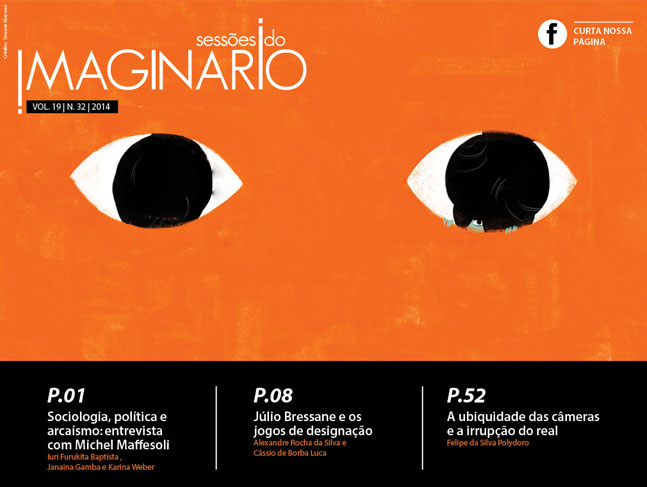O movimento KONY 2012 no YouTube, ativismo civil e a vida moral on-line
DOI:
https://doi.org/10.15448/1980-3710.2014.2.17869Keywords:
Comunicação Social, Cibercultura, Moralidade, Ativismo civil, KONY 2012.Abstract
Procuramos neste estudo investigar os aspectos morais relacionados à veiculação e propagação na Internet da campanha humanitária KONY 2012. Percebemos que apesar da aparente inquestionabilidade desta, a responsabilidade moral no contexto cibermediado mostra-se bastante complexa e problemática. Conforme ponderamos a partir das teses de Giddens (1991), Vattimo (1994) e Bauman (1997), principalmente, a moralidade atualmente encontra-se esfacelada. Tudo gera dissenso; e mesmo as grandes causas estão sujeitas a questionamento. Esta pesquisa é uma tentativa de ilustrar e comentar essas teses, situando-as no contexto da mídia digital interativa e global. Assim, argumentamos que as ditas tecnologias emancipatórias não são favoráveis quando há carência de consciência e responsabilidade moral.
References
BAUMAN, Zygmunt. Ética pós-moderna. São Paulo: Paulus, 1997.
GIDDENS, Anthony. As consequências da modernidade. São Paulo: UNESP, 1991.
nome do autor omitido para fins de avaliação pelos pares. KONY 2012: ativismo civil e a vida moral no cibermundo. 2014. 132f. Dissertação (Mestrado em Comunicação Social) – Faculdade de Comunicação Social, PUCRS, Porto Alegre, 2014.
RÜDIGER, Francisco. As teorias de cibercultura: perspectivas, questões e autores. Porto Alegre: Sulina, 2011.
VATTIMO, Gianne. A sociedade transparente. Lisboa: Relógio D’água, 1992.
Downloads
Published
Issue
Section
License
COPYRIGHT
The submission of originals to Imaginario implies the transfer by the authors of the right for publication. Authors retain copyright and grant the journal right of first publication. If the authors wish to include the same data into another publication, they must cite Imaginario as the site of original publication.
CREATIVE COMMONS LICENSE
As this journal is open access, the articles are allowed free use in scientific and educational applications, with citation of the source.
According to the type of Creative Commons License (CC-BY 4.0) adopted by Imaginario, the user must respect the requirements below.
You are free to:
Share — copy and redistribute the material in any medium or format.
Adapt — remix, transform, and build upon the material for any purpose, even commercially.
However, only under the following terms:
Attribution — You must give appropriate credit, provide a link to the license, and indicate if changes were made. You may do so in any reasonable manner, but not in any way that suggests Imaginario endorses you or your use.
No additional restrictions — You may not apply legal terms or technological measures that legally restrict others from doing anything the license permits.
Notices:
You do not have to comply with the license for elements of the material in the public domain or where your use is permitted by an applicable exception or limitation.
No warranties are given. The license may not give you all of the permissions necessary for your intended use. For example, other rights such as publicity, privacy, or moral rights may limit how you use the material.
For more details on the Creative Commons license, please follow the link in the footer of this website.

